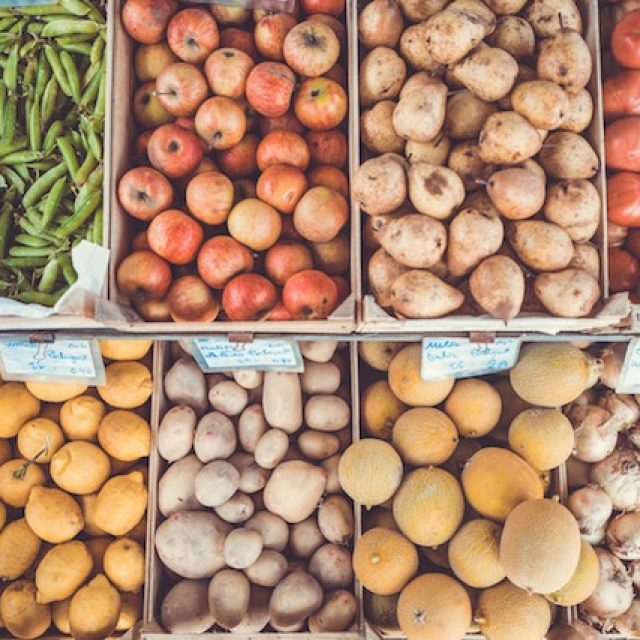The United Nation's World Food Programme (WFP) set up a pilot program in early 2017 which leverages blockchain technology to improve the process of providing food assistance to Syrian refugees in Jordan's Azraq camp. Part of WFP's “Building Blocks” program which demonstrated early success with a similar pilot in Pakistan's Sindh province, this blockchain solution substantially reduces the costs associated with delivering humanitarian aid. The initial pilot, which consisted of 10,000 people in the refugee camp, eliminates the need to carry paper money, vouchers, or e-cards. People verify their identities by using eye scanners at the point of purchase, this provides access to their unique account and seemingly enables transaction logging on the blockchain, which the WFP refers to as a private fork of the Ethereum blockchain.
